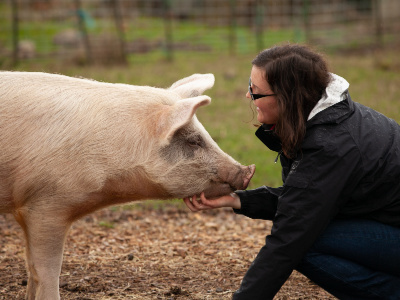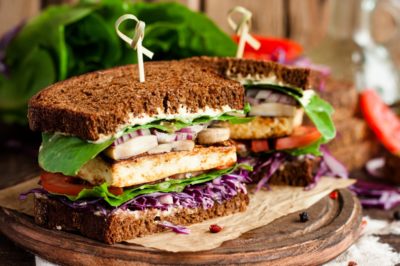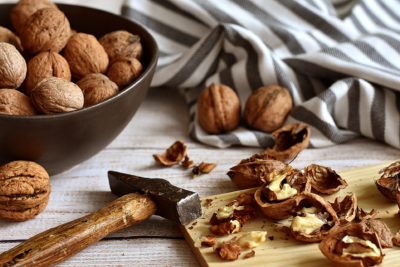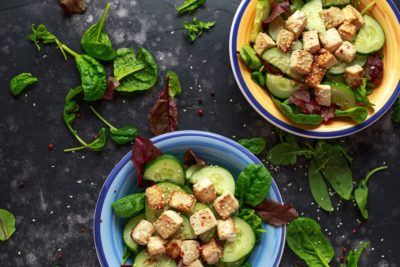What are the best vegan iodine sources and why is it important that we get enough?
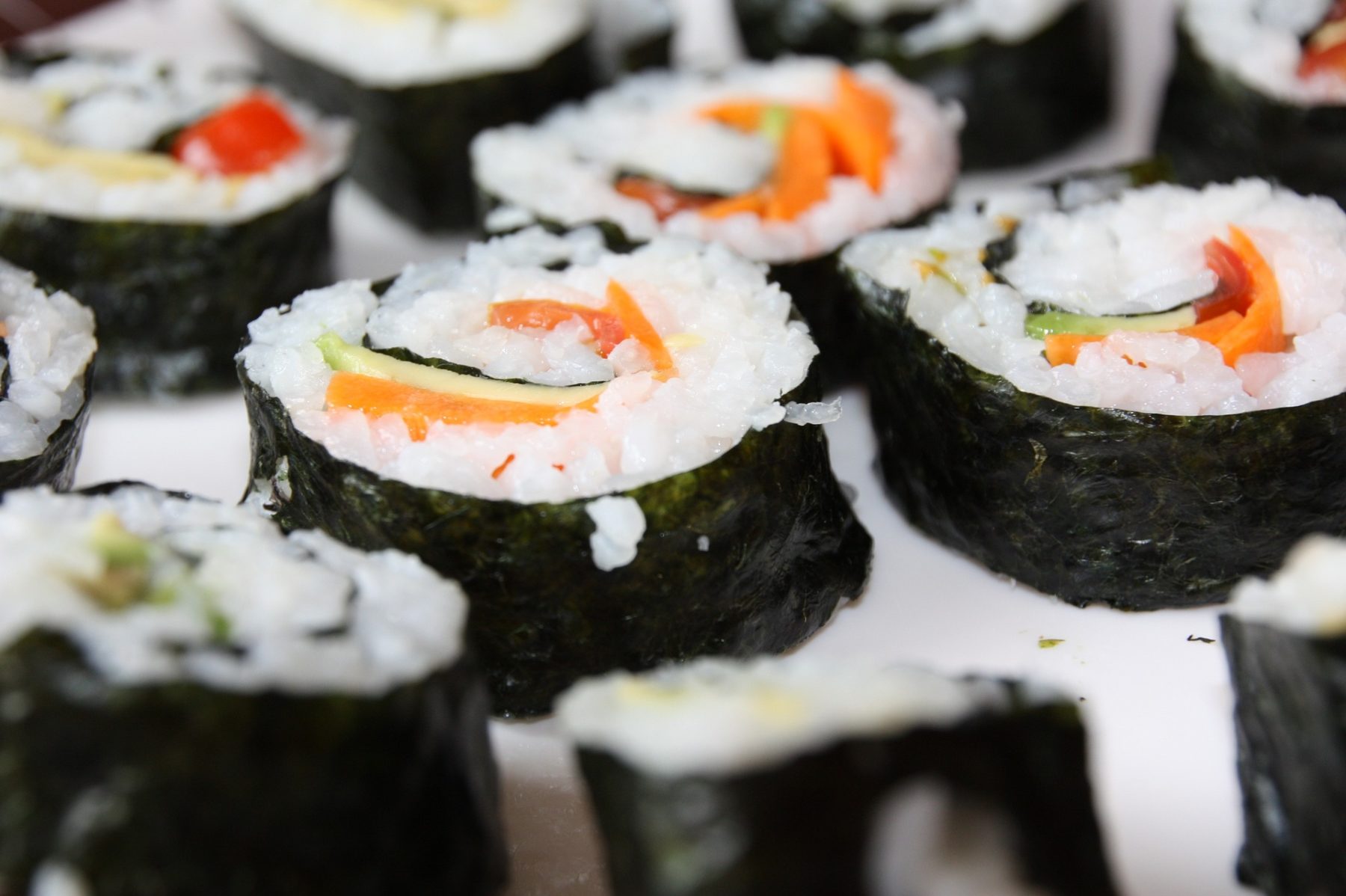
What is Iodine?
Iodine helps make the thyroid hormones, which keep cells and the metabolic rate healthy. There is some concern that many people, vegan or not, are not getting adequate iodine in their diet.
iodine in the diet
Non-vegans in the West tend to get most of their iodine from milk, but it’s not a natural component of dairy. In fact, the majority of iodine in milk is due to contamination with the iodine-based disinfectant used to clean the cows’ teats and the milking machinery.
vegan sources of iodine
Grains, nuts and vegetables contain some iodine, but levels vary widely depending on the soil the plants were grown in, which means there is no way of knowing how much we are getting. Even if grown in the most iodine-rich soils, we still may not get sufficient, so we have three main options.
The best source for vegans is seaweed. Again, levels vary depending on the type, the seas from which it was harvested and whether it is cooked, but eating seaweed several times a week should be sufficient.
Another option is to use iodised salt in cooking and as a condiment. This won’t suit everyone but, since many people find their blood pressure drops when they become vegan, this could be a good option.
If neither of those suits you, then the advice from health professionals is to take a modest iodine supplement – 75-150mcg – every few days.
too much iodine?
We are warned against taking too much iodine as this could also cause problems. Some seaweeds, like kombu (kelp), contain much higher amounts, and we would do well to limit our intake of those.
However, in Japan, which has among the highest consumption of iodine in the world, intake is thought to be up to 20 times the amount recommended in the UK, so perhaps there is a little leeway after all.
For more tips on vegan nutrition, check out Dr Greger’s Daily Dozen checklist.



